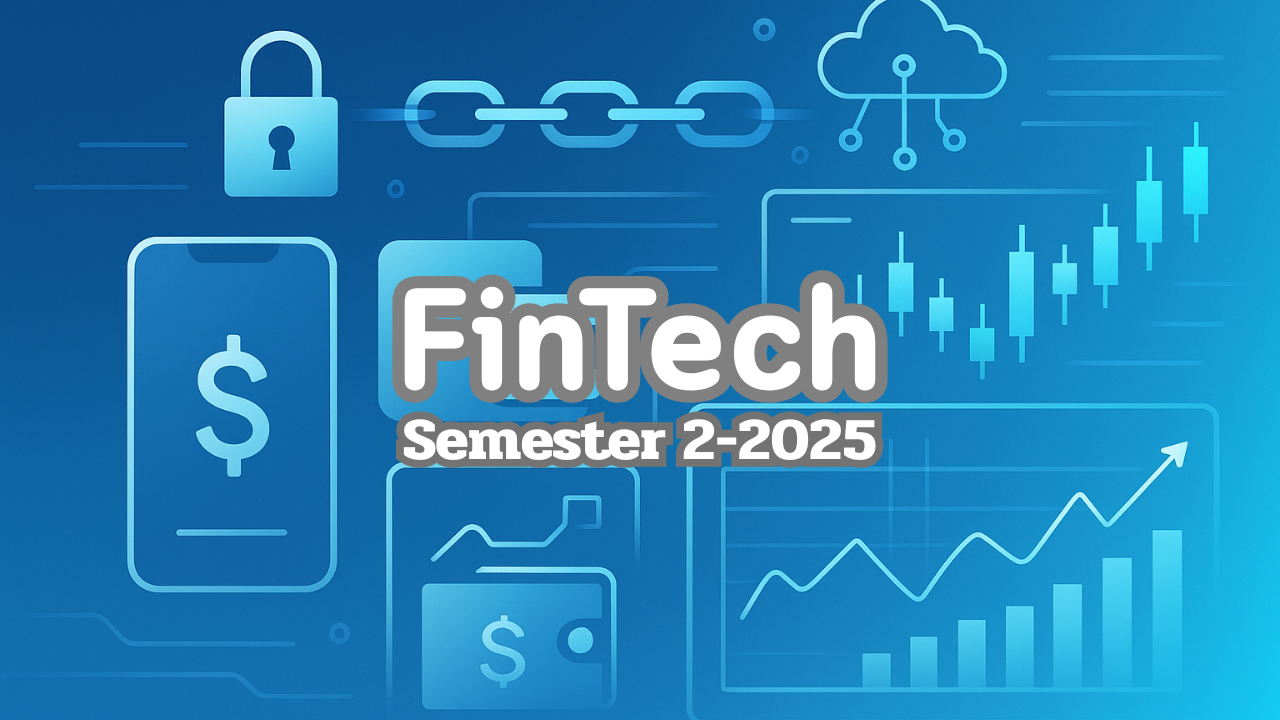About This Course
The financial technology (fintech) sector has undergone significant transformation through the integration of big data, artificial intelligence (AI), and machine learning (ML). These technologies have revolutionized investment strategies, savings mechanisms, and trading practices while enhancing assurance processes, fraud detection, and cybersecurity measures.
Big Data and Data Analysis
The proliferation of big data has enabled financial institutions to analyze vast datasets, uncovering patterns and trends that inform decision-making. Advanced data analysis techniques facilitate personalized financial services, risk assessment, and market predictions, leading to more informed investment and saving strategies.
Artificial Intelligence and Machine Learning
AI and ML algorithms process complex financial data, providing insights into market behaviors and customer preferences. In stock trading, ML models predict price movements by analyzing historical data and market indicators, enabling algorithmic trading strategies that execute trades at optimal times. Similarly, in cryptocurrency trading, AI-driven platforms assess market sentiment and volatility, assisting traders in navigating the highly dynamic crypto markets.
Automation in Assurance Processes
Automation streamlines assurance processes by reducing manual interventions and enhancing accuracy. AI-powered systems automate compliance checks, policy underwriting, and claims processing, leading to faster service delivery and expanded coverage options. This efficiency allows insurers to offer more tailored products to a broader customer base.
Fraud Risk and Threat Mitigation
AI and ML are pivotal in detecting and mitigating fraud risks. These technologies can flag suspicious activities in real time by analyzing transaction patterns and identifying anomalies, preventing financial crimes. For instance, companies like Feedzai utilize ML to detect fraudulent payment transactions, minimizing risk in financial services.
Cybersecurity in Fintech
The integration of AI enhances cybersecurity measures within fintech. AI systems monitor network activities, detect potential threats, and respond to security breaches promptly. This proactive approach is crucial in protecting sensitive financial data from cyberattacks.
Blockchain in Anti-Money Laundering (AML)
Blockchain technology offers transparency and traceability, making it a valuable tool in AML efforts. By providing immutable records of transactions, blockchain enables financial institutions to track and verify the legitimacy of funds, thereby preventing money laundering activities. Companies like Elliptic specialize in blockchain analytics to assist in AML compliance.
The convergence of big data, AI, ML, and blockchain reshapes fintech. These technologies enhance investment and trading strategies, streamline assurance processes, and bolster defenses against fraud and cyber threats, contributing to a more secure and efficient financial ecosystem.


